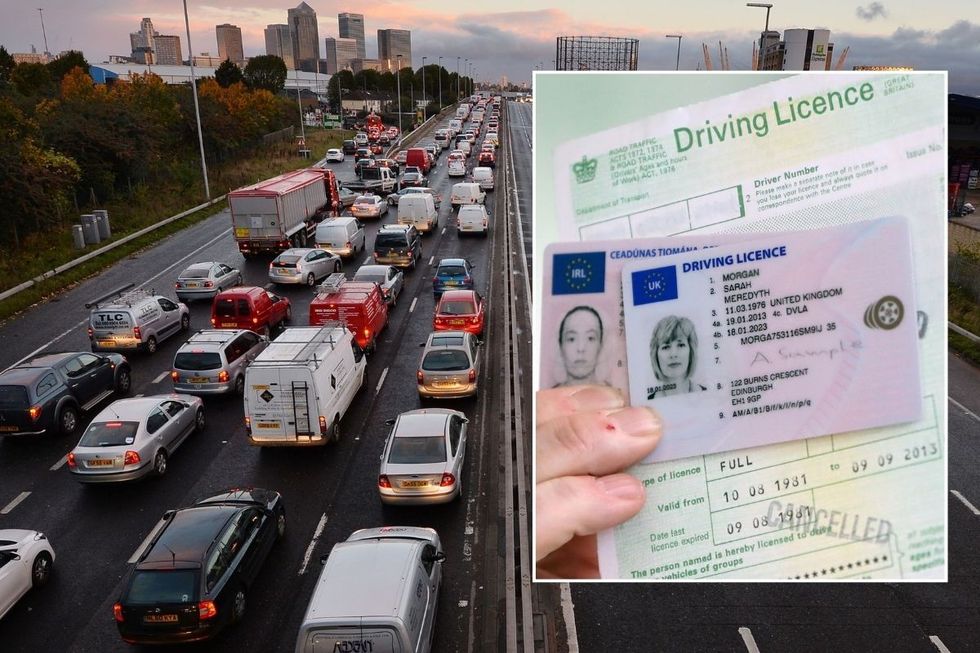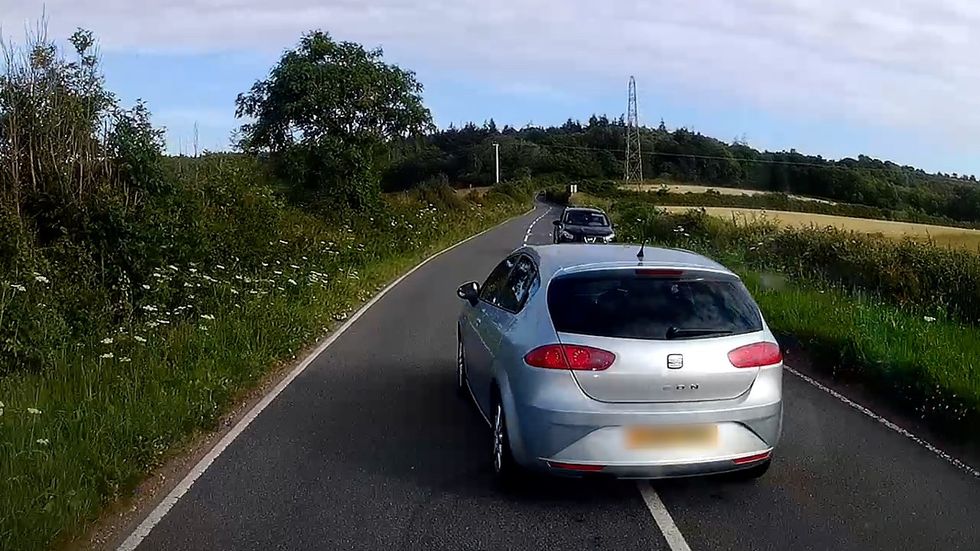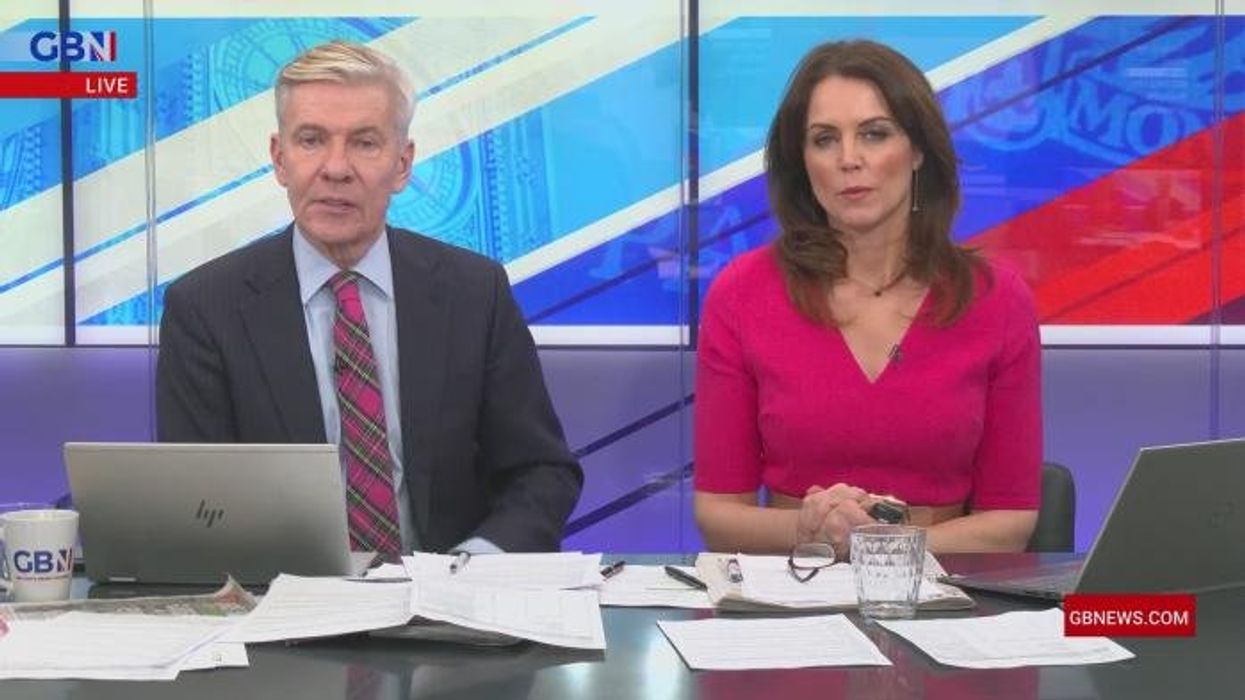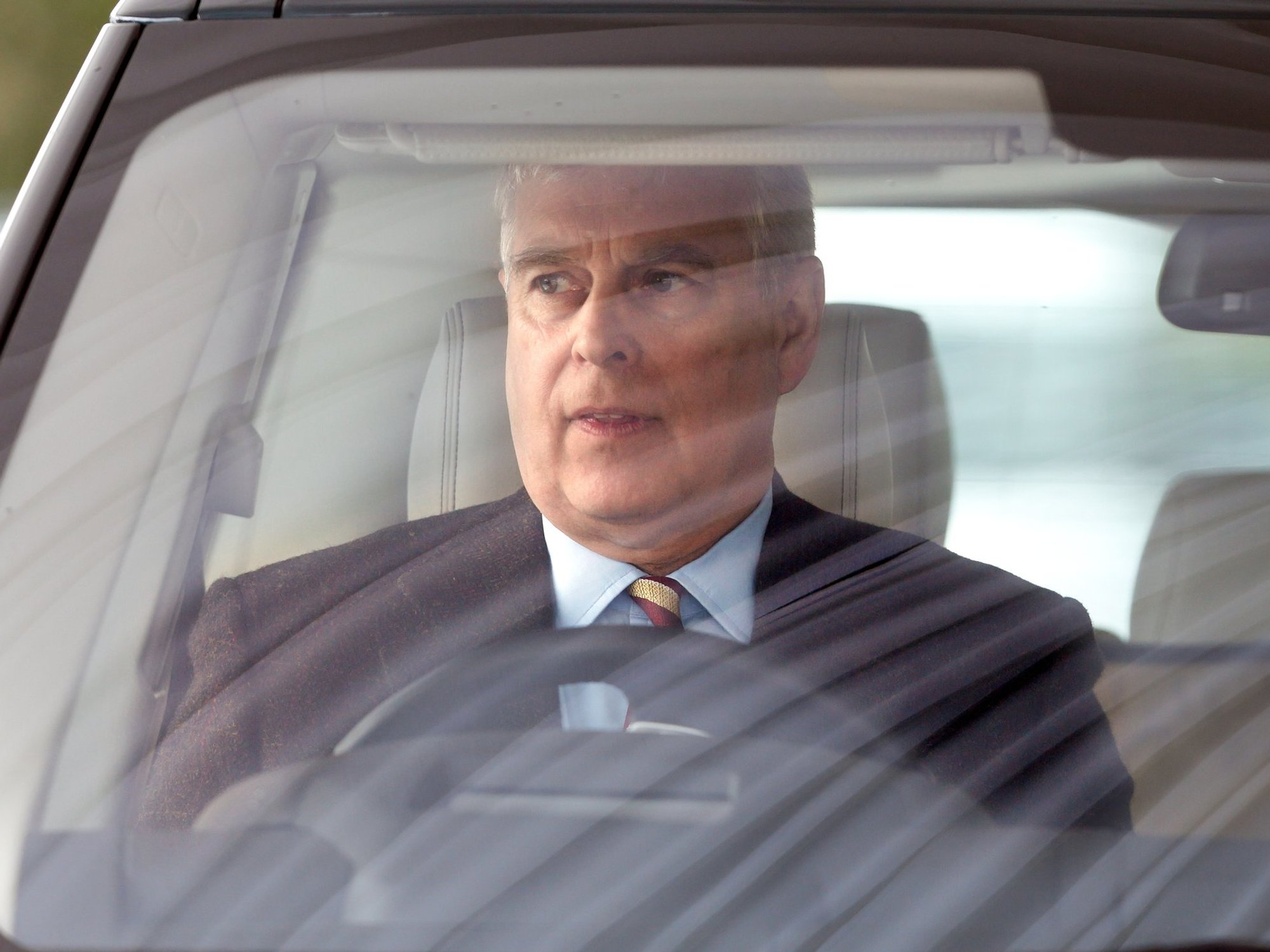Driving law update sees certain car owners at risk of licence ban and hefty penalties under new rules

The Sentencing Council announced new guidance of careless driving offences
Don't Miss
Most Read
Latest
Drivers of a popular vehicle have been warned they could be hit with harsher penalties for road offences after new sentencing rules came into effect.
The warning comes after the Sentencing Council announced new guidance for careless driving offences in July, with motorists now facing tougher fines and punishments.
The new rules fall under the Road Traffic Act 1988, Section 3, with the Sentencing Council setting out detailed new guidance for Magistrates when issuing traffic fines.
In the UK, careless or inconsiderate driving is defined as anything falling below the standard of a competent driver, with the sentencing change now clarifying certain offences.
TRENDING
Stories
Videos
Your Say
This offence can range from momentary lapses of concentration, such as eating at the wheel or fiddling with a sat nav, to more serious failings like driving an unsafe vehicle or failing to secure loads.
The council has now categorised offences into three levels of culpability, with the most serious level resulting in offenders being disqualified from driving altogether or receiving seven to nine penalty points.
Under Culpability B, the sentencing update applies to unsafe manoeuvres, brief distractions or poor driving in bad weather.
Drivers who fall into this category can be issued five to six points or a disqualification of up to 56 days.
Meanwhile, Culpability C covers minor lapses, such as a short loss of concentration, and carries three to four penalty points.

The Sentencing Council updated its guidance for dangerous driving in July
| GETTY/PAOffences have also been categorised by harm, with Category 1 applying when injuries or property damage occur, while Category 2 covers cases where no harm is caused.
This means that even minor mistakes can escalate quickly if they result in damage or if "aggravating circumstances" are present.
Magistrates have also been instructed to take into account a range of aggravating factors, including driving for commercial purposes, "being in the vicinity of vulnerable road users such as pedestrians and cyclists or having a poorly maintained vehicle".
But experts have now warned that van drivers could be particularly impacted by the changes due to commercial journeys now being closely scrutinised.

Van drivers can be more at risk of harsher penalties for careless driving
| GETTYLATEST DEVELOPMENTS:
- Motorists warned of tougher traffic rules this week as Labour council gains new powers to fine thousands
- Drivers face £10,000 fine for driving offences as millions risk road safety on major motorways
- Major car brands recall 386,000 vehicles as drivers risk serious fires and crashes - BMW, Kia and more
According to motoring specialists, behaviours that many van drivers consider harmless can now trigger penalties under the sentence update.
Tailgating and aggressive manoeuvres remain among the most common complaints against van drivers, while failing to properly check mirrors and blind spots is another regular cause of enforcement.
John Wilmot, CEO and founder of LeaseLoco.com, said: "Van drivers are often working to tight schedules and may develop habits they don't think twice about.
"But forces are increasingly clamping down on behaviour that distracts drivers or puts others at risk.
"What might feel like a minor shortcut can result in hefty fines, higher insurance costs and even bans.
"Drivers should treat their van as both a workplace and a vehicle – which means keeping standards professional at all times."
 Motorists can be issued a hefty fine for dangerous driving | DEVON AND CORNWALL POLICE
Motorists can be issued a hefty fine for dangerous driving | DEVON AND CORNWALL POLICEFor self-employed tradespeople, couriers and contractors, the penalties are not just a financially punishing matter.
A careless driving conviction can also push up insurance premiums, put business licences at risk, or even result in lost contracts.
Employers who rely on fleets of vans could also face compliance costs and reputational damage if their drivers are repeatedly penalised.
The Sentencing Council has stressed that fines and bans "must reflect" both the level of culpability and the harm caused, as well as any aggravating factors.
Courts also have the power to impose compensation or other ancillary orders in serious cases.











